What Is A Freight Forwarder?
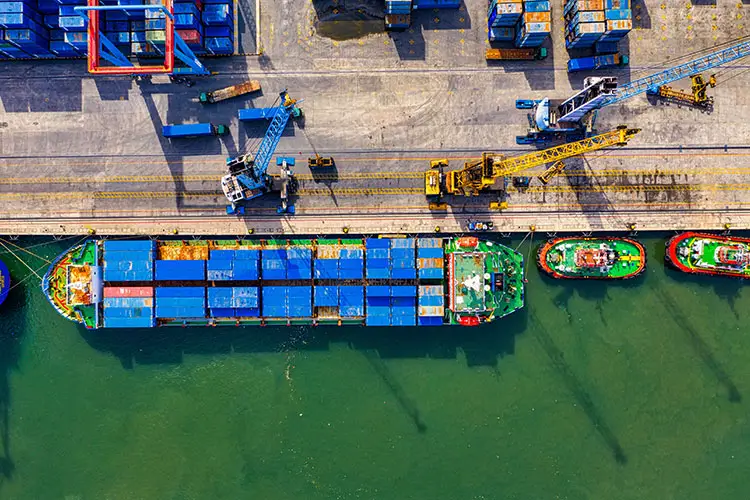
A Freight Forwarder, also known as, a Non-Vessel Operating Common Carrier (NVOCC) is a person or company that looks into all the aspects of transporting a shipment from its manufacturer to its customer/final destination.
A freight forwarder is also known by names such as forwarder or forwarding agent.
Freight forwarding involves close coordination and shipment of goods from one place to another. It could either involve one carrier or multiple carriers. The mode of transportation could be roads, sea, air, or railways.
Freight forwarding dates to as early as 1836 when Thomas Meadows and Company Ltd., England was established to cater to the intermediary needs of shipping goods.
Basically, freight forwarders handle all the logistics which includes a wide range of services like documentation, risk management, organization of shipping goods through the most reliable and cost-effective medium of transport.
Usually, moving goods from one point to another involves multiple agencies, documentation, tracking, storage, charges, insurance, and billing. To make all this seamless, a freight forwarder is engaged.
In this article, we are going to cover all the details in length concerning freight forwarding and the paramount importance it holds in international and domestic shipping.
Services Provided By Freight Forwarder
Different freight forwarders provide different services. It’s important to know all kinds of services that can be provided by freight forwarders to give freedom of fair choice. There is a lot of risk, restrictions, rules, and paperwork that needs to be given proper thought before choosing a freight forwarder. The services are:
1) Customs clearance
Customs clearance work involves the preparation of genuine authorized documentation required to facilitate import and export submitted during customs examination, payment of customs duty, etc.
Documents involved are of two kinds.
a) Export Documentation
These are purchase orders from the buyer, sales invoice, packing list, shipping bill, Bill of Lading or air waybill, Certificate of Origin and any other specific documentation as specified by the buyer, or as required by financial institutions or LC (Letter of Credit) terms or as per importing country regulations.
b) Import Documentation
These include Purchase Order (PO) from Buyer, sales invoice of the supplier, Bill of Entry, Bill of Lading or Air waybill, Packing List, Certificate of Origin, and any other specific documentation required by the buyer, or financial institution or the importing country regulation.
2) Insurance
Since there is a lot of risk in freight forwarding, the service provides for freight forwarder liability insurance coverage to parties like freight and logistics operators, relocation companies, custom house brokers, warehouse keepers, road carriers.
3) Packing
Freight forwarders now and then also help in packaging and preparing products for export. Various types of goods require different types of packaging. For example, goods to be transported within the country require different compared to goods moving across international boundaries. Various goods need to remain in specific conditions to remain in a usable condition in transit as well.
Specific temperature, heat, and pressure conditions should be handled with the utmost care, also keeping the costs down. All these needs are taken care of by freight forwarders. A Transportation Management system(TMS) is currently being used to maintain transparent visibility whenever the shipment is in transit.
4) Labeling
Labeling of packages is essential to avoid important goods to be misplaced. Every labeled package must contain basic information about the package :
- An organized list of contents in the shipping container
- Information about hazardous and perishable items
- Country of origin
- Correct weight, in SI units/British units preferably.
- Details about Port of entry
- Any other essential details about the handling of goods in the language of the destination country.
5) Storage/Warehousing
Certain freight forwarders may have their own warehouses to harbor commodities, but in maximum cases warehouse is provided by a comfortably positioned affiliate.
6) Inventory management
Utilization of experience and relationship with other shipment firms to reap maximum benefits at a limited cost.
Importance of A Freight Forwarder
Why exactly do we need a freight forwarder in the first place? The current section answers this in detail.
- Apt knowledge about shipping companies, custom laws, and paperwork is a freight forwarder’s first and foremost strength.
- A freight forwarder is a one-stop solution that provides a wide range of services required for hassle-free shipping so that you don’t have to run from door to door.
- It takes the burden off you and saves you a lot of time while providing you safe, reliable, authorized shipping at competitive prices.
- A freight forwarder comes to the rescue when you have little idea about international shipping standards and customs duties.
- Freight forwarders can take the business to a whole new level by delivering the goods at the desired destination on time, saving you money in the process compared to doing it in an unorganized manner.
- Many freight forwarders provide free services (without an additional cost). Some of these services could be warehouse storage, cargo tracking, cargo insurance, and handling of perishable goods. Asking about the free services and making use of them can facilitate shipping to a great extent.
- Freight forwarders are known to have excellent customer service and personal communication par excellence.
- There might be some freight forwarders that specialize in a specific type of cargo, while others could provide services in all varieties of cargo. Choosing specialized freight forwarders can be more beneficial compared to others since they have prior experience in identifying and handling the type of cargo you have.
Additional Aspects Of Freight Forwarding
- Freight forwarding companies adhere to strict regulations. Some of these companies may not deal with the shipping of a selected category of goods. These categories mostly include:
a) Dangerous Goods (including flammable liquid and toxic items)
b) Drugs (prescription and recreational)
c) Alcohol
d) Batteries
e) Perishable items (except for those on special express delivery)
f) Sharp objects
- Freight forwarder companies are not shipping firms. Any inconvenience in the shipping of goods is not the fault of the freight forwarder.
- Maintaining a good relationship with the freight forwarder is crucial to your business since they have a widespread network that can help you further to expand your horizons.
- The paperwork should be completed to the full and without any errors. This will help you smoothen out the shipping process without any repercussions. It will also make the work of your freight forwarder easier.
- Breaking down freight forwarding has the following main stages:
a) Export haulage – It involves the transfer of goods from their original source/manufacturer to the freight forwarder’s warehouse.
b) Export customs clearance – Ensures that goods receive clearance to leave their country of origin. All the necessary paperwork for export is completed and customs duties are paid.
c) Origin handling – the unloading, inspection, and validation of the cargo against the authorized documents.
d) Import customs clearance – the customs import paperwork for your cargo will be checked by the authorities.
e) Destination handling – It involves the handling of the goods cargo once it reaches the destination office, including transfer to the import warehouse.
f) Import haulage – It involves the transfer of the goods cargo from the import warehouse to its final destination.
Types of Freight Forwarding
1) Sea freight
Sea freight services allow goods to shipped across international waters. There are various types of sea freight services:-
- FCL stands for Full Container Load and refers to one 20ft, 40ft, or 45ft container filled with cargo as well as flat racks and open-top containers.
- LCL stands for Less than Container Load and refers to a shipment that doesn’t fill a standard container. The container is loaded with cargo from multiple consignees who share the container space to make it more economical.
- RORO stands for Roll On, Roll Off and is the easiest and cheapest option for car shipping or transporting any vehicle. Vehicles are driven straight onto the RORO ship and securely blocked, braced, and tied down inside the ship where it is windproof and watertight, to ensure complete security.
- Dry bulk shipping includes the transportation of dry bulk cargoes that are unpacked and homogeneous so that they can be dropped or poured into the hold of a bulk carrier. Dry bulk cargoes mostly contain farm produce and raw materials including coal, biomass, metal, and aggregates as well as grains and sugar.
2) Road freight
Also known as road haulage, road freight refers to the transport of goods through roadways. It is the most common way of domestic shipping. It is of two kinds:
- LTL stands for Less than Truckload Freight. It is generally chosen to transport cargoes of lesser size.
- FTL stands for Full Truck Load Freight. It is either chosen by businesses that have bigger goods or time constraints or delicate goods to be shipped.
3) Rail freight
When goods are shipped through means of trains, or a group of trains, it is referred to as rail freight.
5) Airfreight
When goods are shipped by means of airplanes or helicopters, it is called Air freight services.
6) Consolidators
Consolidators combine packages from many different shippers into one load that is shipped as a unit to the destinations’ local Post Office, often saving shippers money in the process. From there, the packages enter the local mail stream and are delivered to their final destination.
5) Customs brokers
Customs brokers are international trade experts who are responsible for preparing and clearing a customs entry upon shipment arrival to a port of entry. These professionals are well versed with the import regulations of a country and hence, are engaged by many organizations.
Top Global Freight Forwarders
- DHL Supply Chain & Global Forwarding
- Kuehne + Nagel
- DB Schenker
- DSV
- Expeditors
- Panalpina
- Nippon Express
- UPS Supply Chain Solutions
- Bolloré Logistics
- CEVA Logistics
- Hellmann Worldwide Logistics
- GEODIS
- Kintetsu World Express
- Kerry Logistics
- DACHSER
- C.H. Robinson
- Agility
- Hitachi Transport System
- Damco
- Toll Group
- XPO Logistics
- CJ Logistics
- NNR Global Logistics
- Sinotrans
- Yusen Logistics

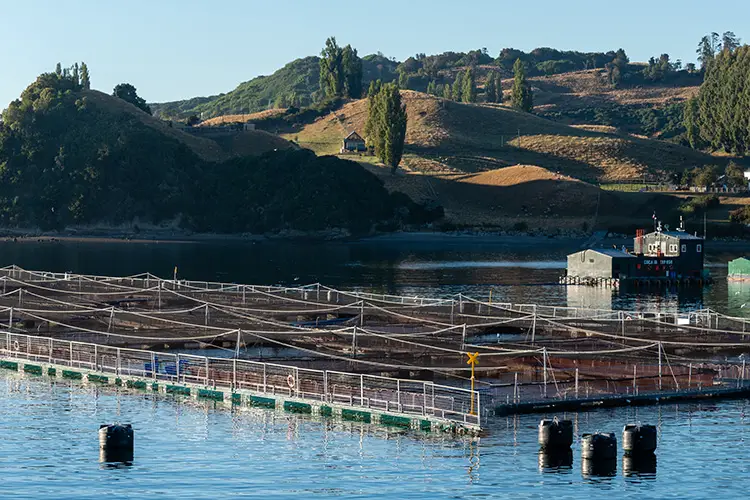
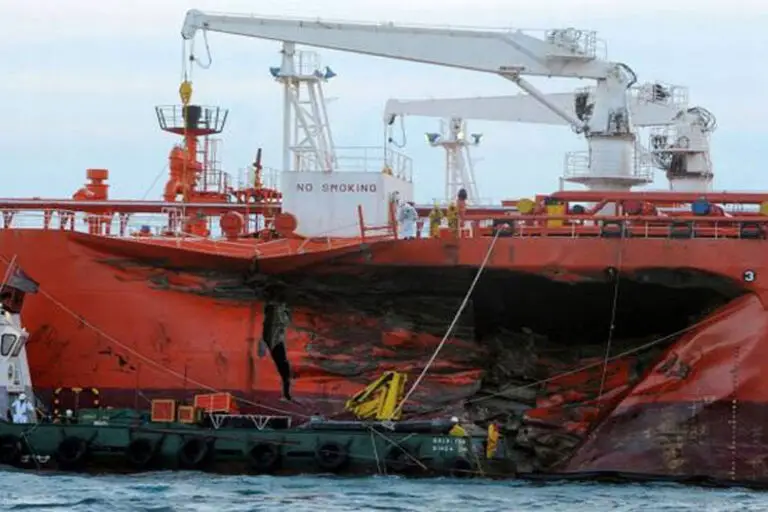
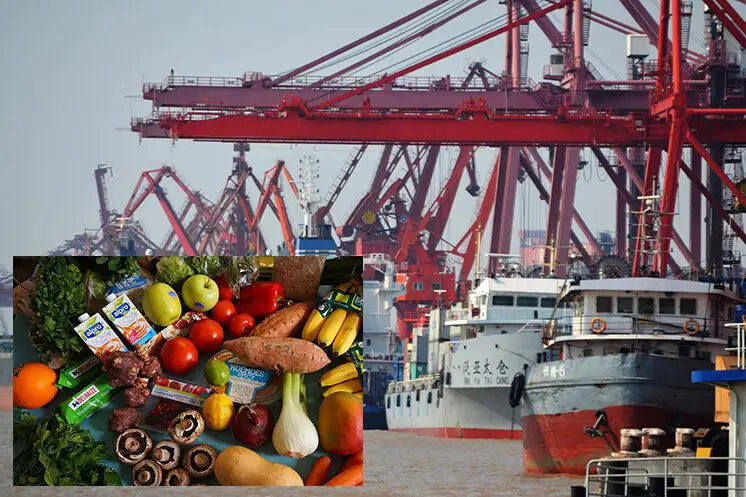


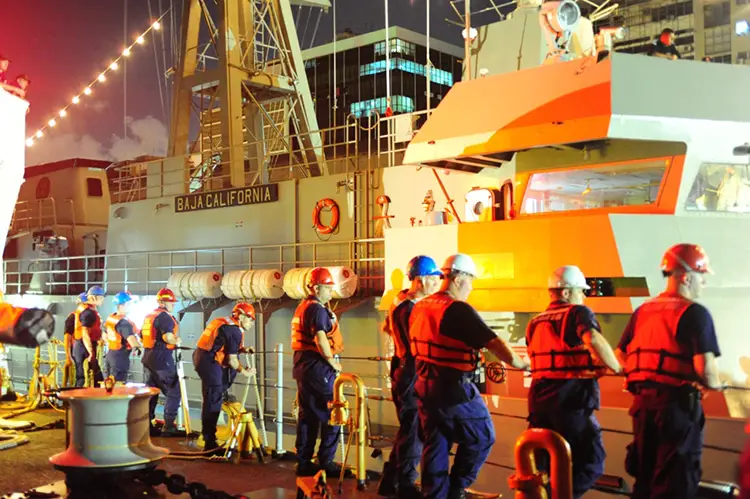

We use RORO service when customers are shipping vehicles to Hawaii 🙂